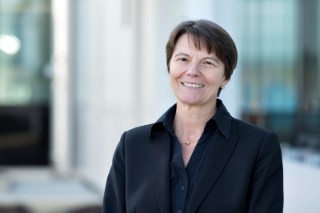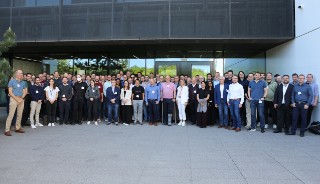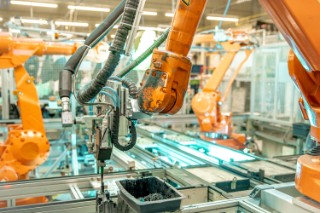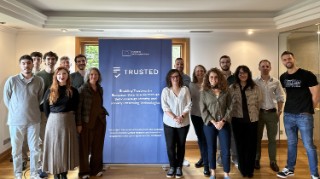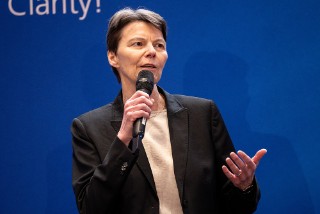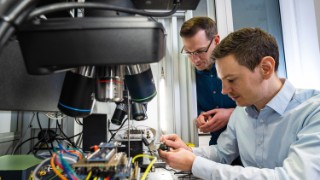AI vs. AI / 2025
Detecting Audio Deepfakes with Artificial Intelligence

Audio deepfakes pose an increasing threat to businesses and society. Fraunhofer AISEC researchers have shown: humans struggle to identify AI-generated voices, but specialised AI models excel. Findings from an experiment with around 500 participants can refine detection systems and training initiatives.
more info Fraunhofer Institute for Applied and Integrated Security
Fraunhofer Institute for Applied and Integrated Security 